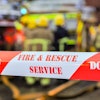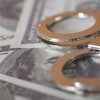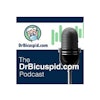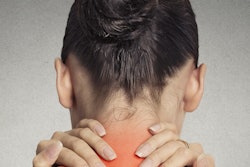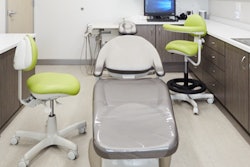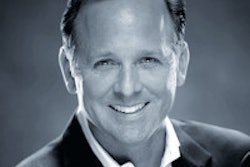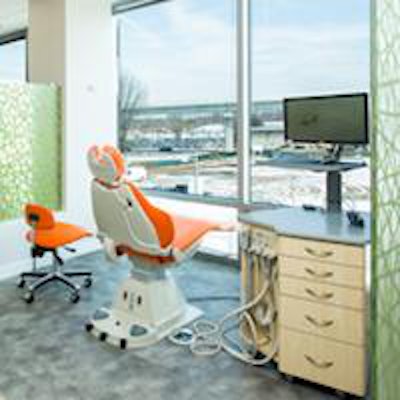
The continued increase in competition for patients can affect the revenue side of running a practice. To attract new patients, dentists are challenged to find ways to differentiate their practice from others, as most offer similar services and have highly competent staffs.
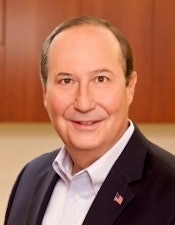 Adrian LaTrace is the CEO of Boyd Industries. Image courtesy of Boyd Industries.
Adrian LaTrace is the CEO of Boyd Industries. Image courtesy of Boyd Industries.Aside from the doctor's individual credentials and talents, many patients look to the doctor's office as a key reason to choose one over another. The "clinic" feel of a dental office of the past is being replaced with offices that offer comforting surroundings and trendy styling.
I have seen dentists create spa-like environments, something whimsical, favorite sports team theme, or something totally unique. In my experience, money invested in a uniquely branded facility can be a distinct advantage to attract new patients.
Multispecialty practices
To combat rising operating costs, our company is noting in our day-to-day operations an increase in multispecialty practices housed in one facility. This allows the dentist to share operating and overhead expenses across a broader practice, thus reducing the cost per patient seen.
However, having a multidiscipline practice under one roof can present challenges in office layout and equipment selections. The office will need to be designed and equipped to accommodate a variety of procedures. We see multispecialty offices designed into pods, where areas are dedicated for pediatric procedures, oral surgery, or orthodontic care. Each area is equipped with chairs, delivery systems, and other devices specific to the treatment provided.
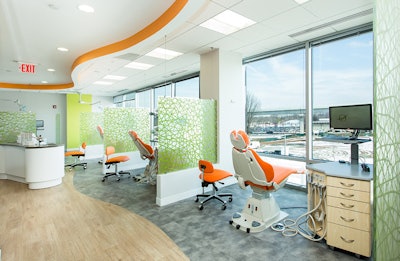 The needs of a multispecialty practice can be addressed by a layout that offers dedicated areas for different specialties.
The needs of a multispecialty practice can be addressed by a layout that offers dedicated areas for different specialties.Clearly the impact of increased operating expenses within the dental office is influencing the economics of equipment purchase decisions. From our perspective, as a capital goods manufacturer, we find that the doctors expect to purchase equipment and cabinets that will provide them many years of trouble-free service. This is not a new concept, but we are hearing more questions from dentists about product reliability, postsales support, and overall performance.
It is important that doctors choose equipment that offers functional and ergonomic characteristics that provide patient, doctor, and staff safety and comfort, as well as serve the purpose of extending the overall differentiated appearance of the office. The equipment should be customizable to match the aesthetics of the rest of the facility.
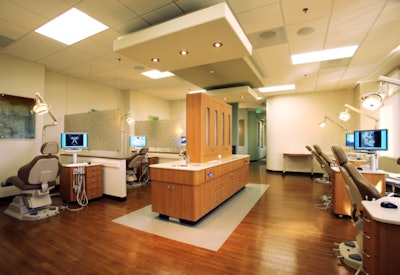 Equipment and furniture should be functional, ergonomic, and extend the appearance of the office.
Equipment and furniture should be functional, ergonomic, and extend the appearance of the office.Sterilization area
One key area of the office that can't be overlooked is the sterilization area. The U.S. Centers for Disease Control and Prevention's 2008 sterilization guidelines promote the use of a defined process flow provided by a properly designed sterilization center for instrument sterilization. This should include sections for the following:
- Clearly identified storage for contaminated, such as dirty instruments
- Ultrasonic cleaning to remove particulate matter
- Surgical milk bath for instrument lubrication
- Air drying station using heated air system
- Wrapping area
- Heat sterilization equipment
- Clearly identified storage for sterile instruments
These processes need to occur in the proper order and in a linear flow to prevent cross-contaminated instruments. The sterilization center should be custom-designed to include these steps and sized specifically to the dimensions of the space where the practice assigns for the sterilization room. Besides the sterilization center being fitted properly for the space and size of office, it should match the overall appearance of the operatory equipment. When done correctly, the center can be a key feature in the office, sending a clear message of safety and compliance to patients.
Doctors should be cautious in their purchase decision to ensure they get the best value for their investment by balancing form and function.
Adrian LaTrace is CEO of Boyd Industries.
The comments and observations expressed herein do not necessarily reflect the opinions of DrBicuspid.com, nor should they be construed as an endorsement or admonishment of any particular idea, vendor, or organization.
